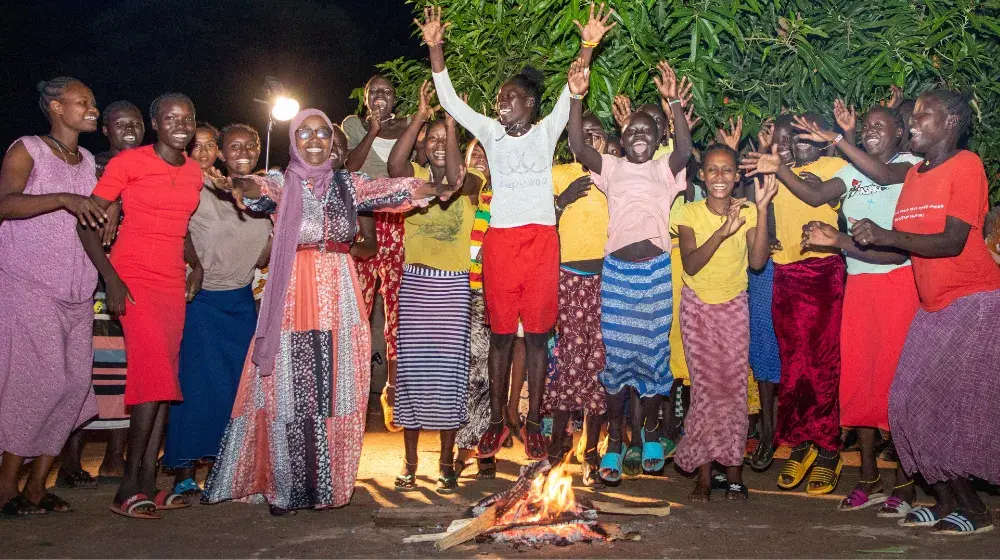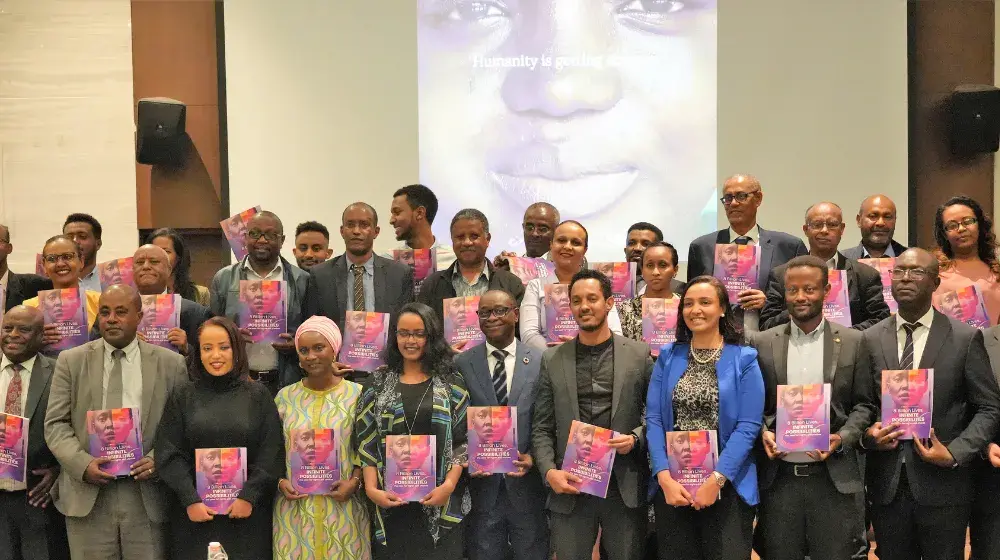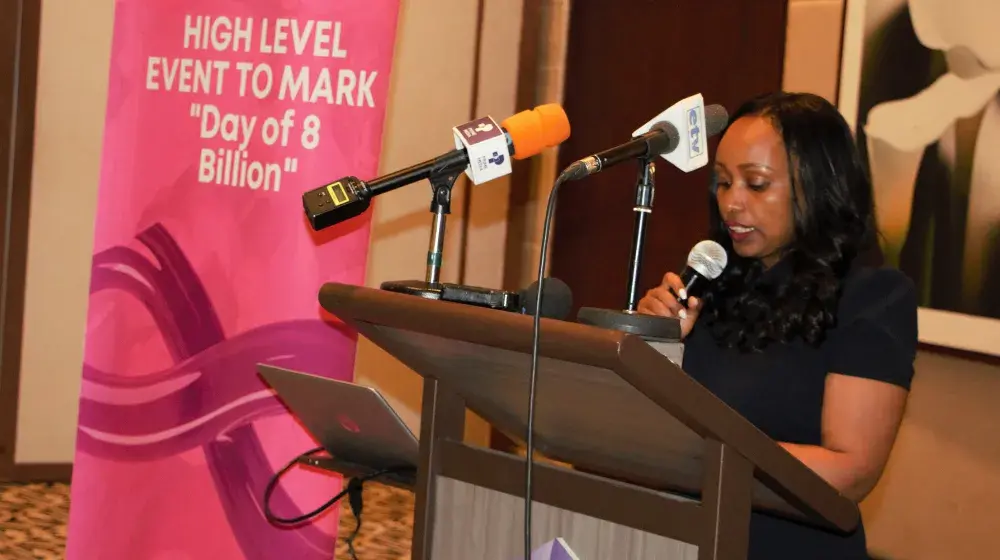A new study entitled “From Land of Famine to Land of Hope: Will Ethiopia Become a Model for an African Upswing?” states if Ethiopia sustains the development gains made through targeted investments in health, education and employment, it could benefit from the “demographic divided” that resulted from fertility decline.
The study which was jointly disseminated on March 28 by UNFPA, the Embassy of the Federal Republic of Germany, and Austrian Embassy, is expected to strengthen evidence based information for advocacy and policy dialogue on population and development matters in the country.
The study undertaken by the Berlin Institute for Population and Development indicates the rapidly falling fertility rate has led to a change in the age structure of the population in favour of a working age population, which given the right conditions, this demographic bonus spur development in the country serving as a model for Africa.
Speaking on the occasion, Bettina Maas, UNFPA Country Representative said the Fund is providing support to the Government of Ethiopia on generating evidence based information for advocacy and policy dialogue. She indicated that through the partnership with the Planning and development Commission, a study was undertaken recently on “Demographic Dynamics and Priority Population Issues in the Country” which will be instrumental in the formulation of a 15 year perspective development plan in the country.
The study indicates that despite all its achievements, Ethiopia still has a long way to go to benefit from the demographic dividend. The labour force is growing at a faster rate than creation of jobs and the increasingly more qualified young people in particular lack prospects. The study goes on to state that the expansion of basic infrastructure has barely been able to keep up with population growth, and the number of people of working age.
It was highlighted at the evet that as UNFPA marks its 50th year of creation and the 25th anniversary of the Programme of Action of the International Conference on Population and Development this year, it would be strengthening partnerships on knowledge management and generation of evidence based information for advocacy and policy dialogue in the country on issues of population and development.
The study was disseminated in the presence of H.E. Dr. Fitsum Assefa, Commissioner of the Planning and Development Commission with the rank of Minister, H.E. Brita Wagner, Ambassador of the Federal Republic of Germany, H.E Roland Hauser, Ambassador of the Federal Republic of Austria and stakeholders.





